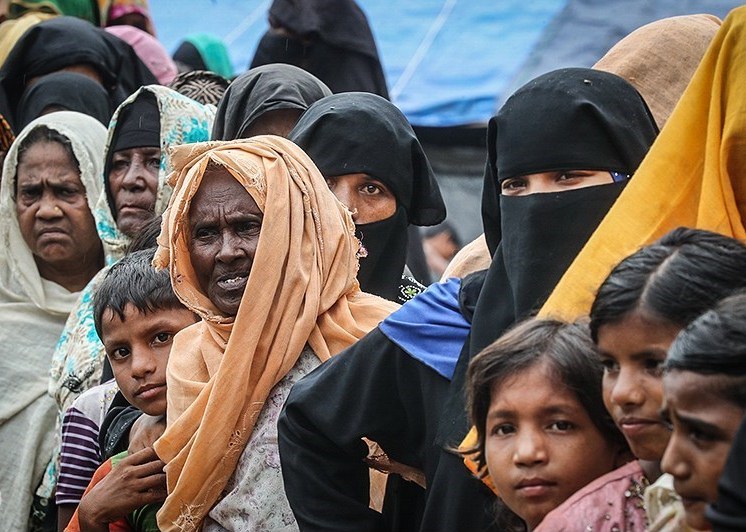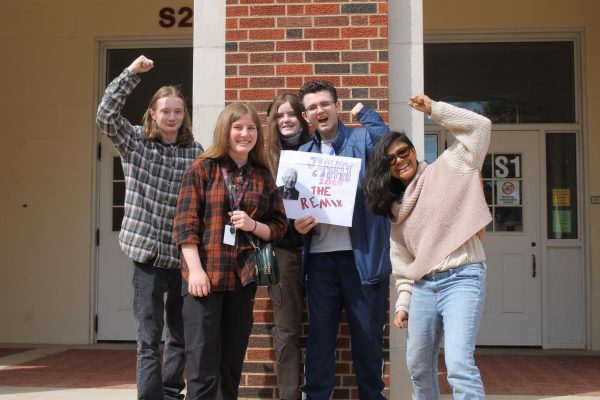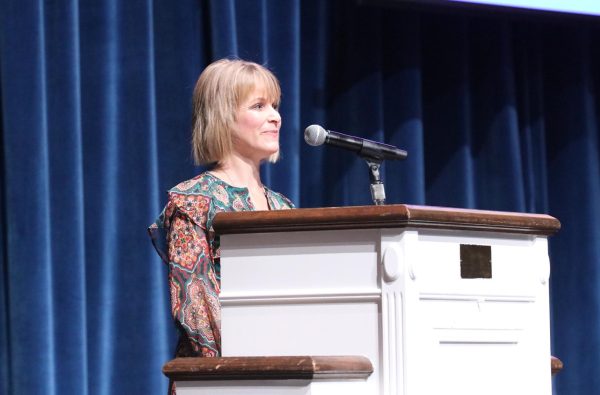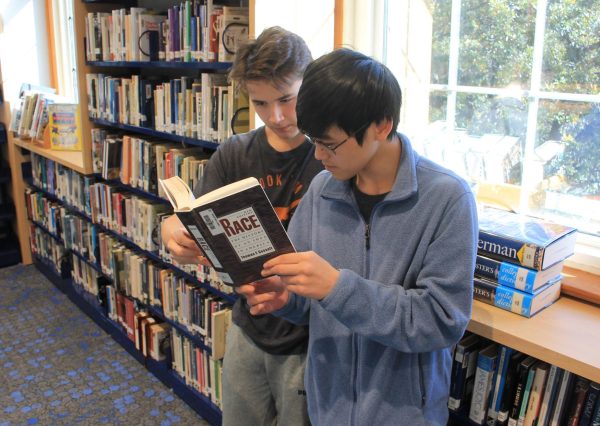The lost Rohingya
Rohingya might appear as a relatively unfamiliar ethnic term to many, but as of recently those subject it have been at the hand of a humanitarian crisis, and possible genocide. The long persecuted Muslim minority that has been concentrated in Myanmar’s western state of Rakhine, have been deemed volatile invaders from the neighboring Bangladesh. Now, one million or so are stateless, as they’ve fled their native regions in the search of solitude.
As of this moment, many human right analysts warn that much of the history in relation to the Rohingya and Myanmar is under threat of elimination the by the country’s military campaign. For this reason, the United States has called it to be ethnic cleansing. Ever since late August, more than 600,000 Rohingya Muslims have fled to Bangladesh, this comes as a result of the military’s methodical campaign of arson, massacre and rape within Rakhine.
The United Nations (UN) reported that the campaign in Rakhine also targeted leaders in culture and religion, educators and teachers, and several others who are of influence in the Rohingya community. This all coming at the objective to diminish Rohingya history, culture, and awareness.
Earlier this year in September, the UN High Commission for Human Rights Zeid Ra’ad Al Hussein called out the military’s treatment of the Rohingya in Myanmar, as security forces and local militia had reportedly burned villages and shot civilians.
“The situation seems a textbook example of ethnic cleansing,” Zeid Ra‘ad al-Hussein told the UN Human Rights Council in Geneva, “I call on the Government to end its current cruel military operation, with accountability for all violations that have occurred and to reverse the pattern of severe and widespread discrimination against the Rohingya population.”
In response to allegations later that same month, Aung San Suu Kyi, Myanmar’s State Counsellor and de facto leader, made a speech over the crisis in the state of Rakhine.
“I’m aware of the fact that the world’s attention is focused on the situation in Rakhine state. As a responsible member of the community of nations Myanmar does not fear international scrutiny,” she said.
Many have questioned the legitimacy of this statement, as UN investigators haven’t been able to enter and analyze the Rakhine region. James Gomez, Amnesty International’s Regional Director for Southeast Asia and the Pacific, spoke in opposition soon after.
“Aung San Suu Kyi today demonstrated that she and her government are still burying their heads in the sand over the horrors unfolding in Rakhine State. At times, her speech amounted to little more than a mix of untruths and victim blaming.”
Aung San Suu Kyi further went to clarify in that same speech that there have been no conflicts since September 5th, nevertheless thousands of Rohingya Muslim refugees seem to disagree.













